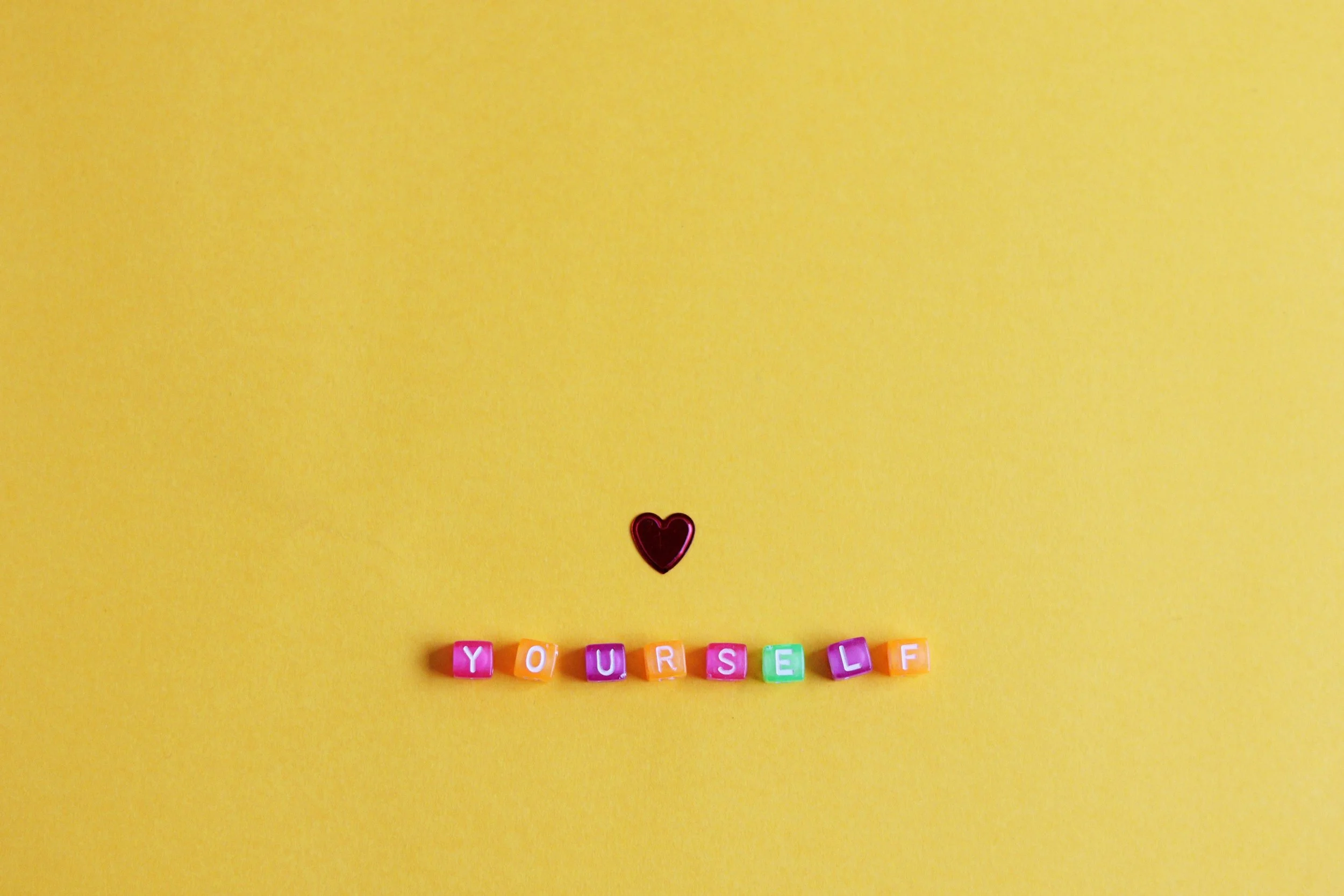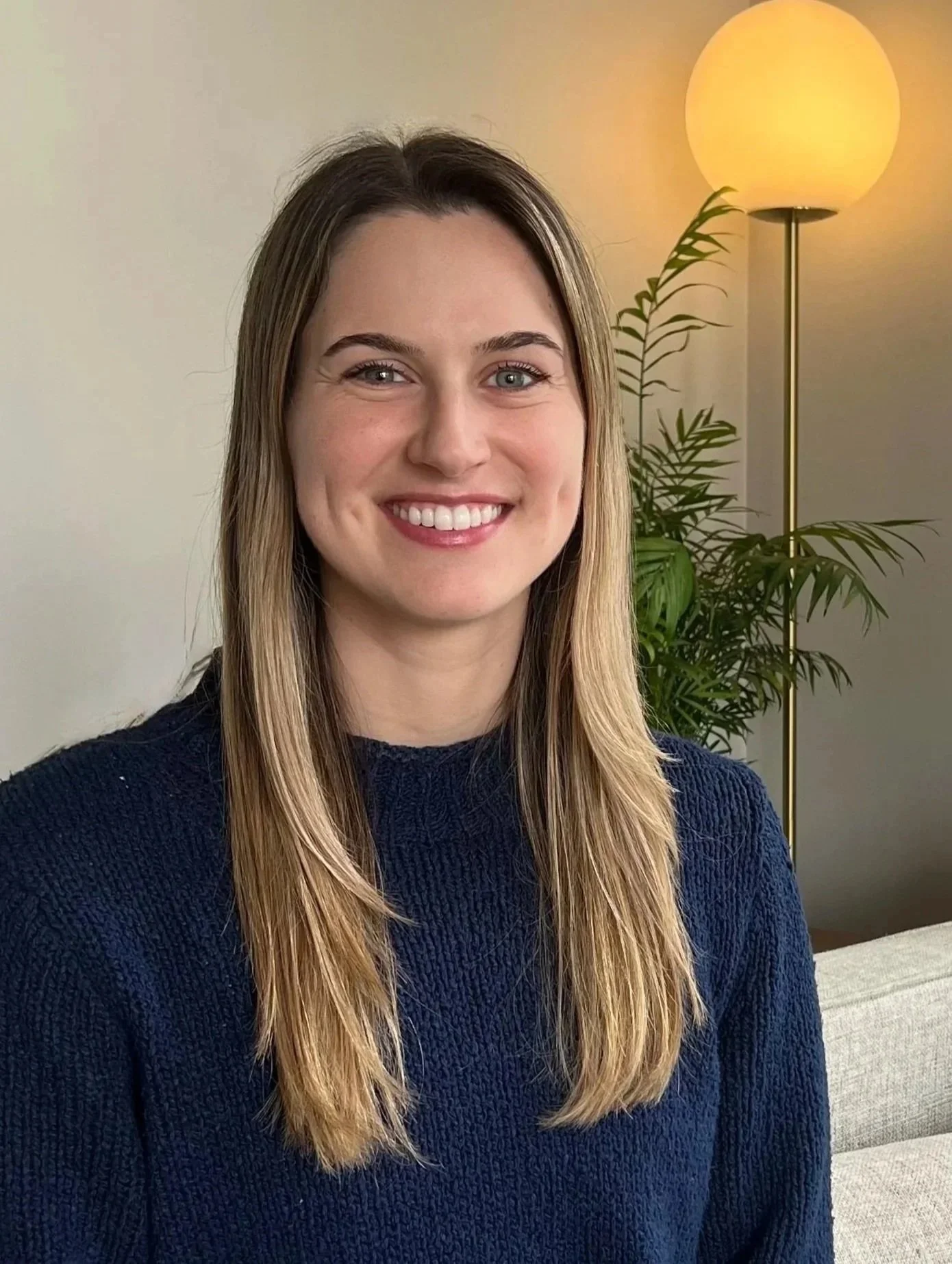Self-Compassion Practice for Trauma Survivors
Finding compassion for ourselves after experiencing trauma can feel like a difficult or even impossible task, as it can go against the fight or flight responses we have gotten so good at.
At Live Full Therapy in Nashville, we understand that impact that trauma can have on our emotions, mind, and body. Our therapists are experts in supporting those who have experienced trauma and helping them move toward regulation, self-compassion, and healing.
If you are in the process of healing from trauma, this guide to self-compassion can help you understand how to reconnect with yourself, so that you can begin to move from surviving to thriving.
What is Self-Compassion?
Healing from trauma is a complex process and often follows a non-linear path. It often requires that we revisit old wounds and summon up gentleness, courage, and care for ourselves. For many survivors, self-compassion can feel quite hard to come by, especially when we’ve learned to survive through self-criticism, hypervigilance, or numbing. However, we are capable of learning to give ourselves kindness, grace, and softness and leverage these powerful tools in our healing.
Why Does Self-Compassion Matter?
When we experience trauma, our nervous system adapts in ways that prioritize survival over softness. We may learn to stay hyperawareness, push through pain, or silence our needs. Over time, this can leave us feeling disconnected from ourselves, harsh toward our emotions, and suspicious of rest or joy.
Self-compassion provides an opportunity to come home to ourselves, to reconnect. It allows us to say, “I am human, what I feel makes sense, and I deserve care and love.” It’s a chance to rebuild our trust with ourselves.
Practices to Begin With
Here are a few ways to begin practicing self-compassion in the wake of trauma:
Mindful Awareness of Inner Dialogue
Start by noticing the way you speak to yourself. Many trauma survivors carry an inner critic that echoes past voices of shame or fear. Without judgment, observe your self-talk and ask: Would I speak this way to someone I love who is suffering? If not, consider another way you could approach speaking to yourself, something like, “You are doing your best,” or “It’s normal and okay to feel like this.”
Soothing the Body
Self-compassion isn’t just in our minds, it’s a practice for our bodies as well. Try placing a hand over your heart, taking a slow, intentional breath, and feeling warmth or grounding through touch. You could also wrap yourself in a soft blanket, close your eyes and stretch, or go outside and feel the sun on your skin. These practices help your nervous system recognize that you are safe and can regulate overwhelming emotions.
Meeting Yourself in the Moment
When difficult emotions arise, rather than trying to “fix” or avoid them, experiment with curiosity. You can ask, “What does this part of me need right now?” Sometimes it’s reassurance, permission to cry, or support.
Compassionate Reminders
Write a few compassionate statements on sticky notes or in a journal. What do you wish you could hear or wish someone had said to you during your lowest moments? Place these in places where they will be easily seen, so they can serve as a reminder of the gentler ways you can speak to yourself, replacing old, harmful scripts.
A Note On Patience
Self-compassion isn’t something you master overnight, it’s a practice that takes time to sink in. For trauma survivors, offering kindness to ourselves can feel foreign and even unsafe. Be gentle and kind with yourself, and take your time. Trust that every moment of tenderness you offer yourself is an act of reclaiming your truth.
Healing doesn’t require that we never feel pain again. It invites us to meet our pain with kindness instead of fear, avoidance, and criticism.
Begin your healing journey with gentleness, understanding, and compassion. Our therapists are experts at helping grow self-compassion, and promoting healing within ourselves through non-judgment and care.
CONNECT WITH A THERAPIST:
LIVE FULL THERAPY
Your neighborhood therapy practice in the heart of East Nashville. Offering a personalized and holistic approach to help you lead a more full and connected life.
GET IN TOUCH:
hello@livefulltherapy.com
2002 Eastland Ave, Unit 101
Nashville, TN 37206





















